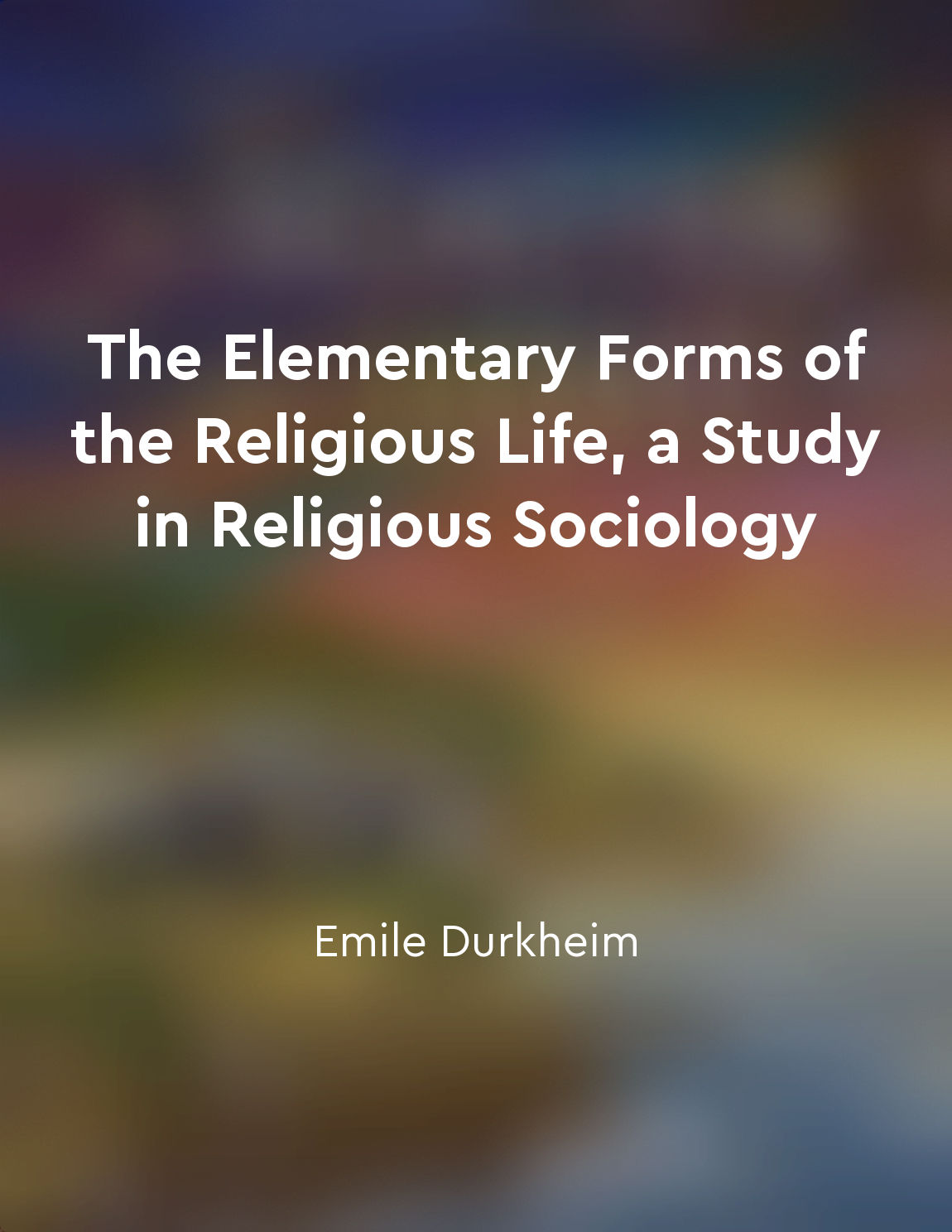Belief in God is a delusion from "summary" of The God Delusion - by Richard Dawkins by Instaread
The concept that belief in God is a delusion is central to the arguments presented in The God Delusion. Dawkins asserts that the idea of a supernatural being or deity is a product of human imagination and wishful thinking rather than evidence-based reasoning. He argues that there is no empirical evidence to support the existence of God, and therefore belief in such a being is irrational. Furthermore, Dawkins challenges the notion that faith in God is a virtue. He contends that religious faith is often used to justify harmful actions and beliefs, such as discrimination, violence, and intolerance. He argues that basing one's beliefs on faith rather than reason can lead to dangerous and harmful consequences for individuals and society as a whole. Dawkins also explores the psychological and evolutionary origins of religious beliefs. He suggests that the human tendency to believe in supernatural beings may have evolved as a byproduct of other cognitive processes, such as pattern recognition and agency detection. He argues that our brains are predisposed to seek out meaning and purpose in the world, which can lead to the development of religious beliefs. In addition, Dawkins examines the cultural and social factors that contribute to the persistence of religious beliefs. He suggests that religious traditions and institutions play a role in perpetuating and reinforcing belief in God, even in the absence of empirical evidence. He also discusses the ways in which religious beliefs are passed down from generation to generation and how they can be difficult to overcome.- Dawkins presents a compelling argument that belief in God is a delusion based on wishful thinking, lack of evidence, and harmful consequences. He challenges readers to question their beliefs and to rely on reason and evidence rather than faith when forming their views on the existence of God.
Similar Posts

Our brains are wired to seek patterns
Our brains, amazing as they are, have a fascinating tendency to look for patterns in the world around us. This pattern-seeking ...
Uncertainty is a fundamental aspect of human knowledge
Human understanding is limited by the nature of our faculties, which are inherently fallible and imperfect. We can never attain...
Make decisions based on logic and evidence
One of the fundamental principles of critical thinking is to base decisions on logic and evidence. This means avoiding decision...
Genetics provides evidence for common ancestry
The study of genetics has brought a wealth of evidence supporting the idea of common ancestry among living organisms. By examin...

Rituals reinforce the moral fabric of society
Rituals play a crucial role in reinforcing the moral fabric of society. Through collective ceremonies and practices, individual...

The search for truth should be based on reason and evidence
In the pursuit of truth, it is essential to rely on reason and evidence. This principle serves as the foundation for discoverin...

